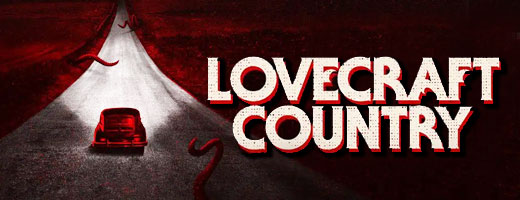S2E10 Title “The Passenger” Showcases A Point Of Technical Philosophy

Have a Theory? Share It Now!
Epiphenomenalism–a secondary or added accompaniment
Hey guys, great work on the pod and thanks for all the work it surely entails.
On a (shameless–and personal note) I live in Phoenix and have met Roger Roper. We attended a University of Florida football get-together at the same time and you even briefly were at my house for a soiree (house is on Baseline and 16th Street). I underwhelmed with my Westworld theories and even pronounced Thandie’s name incorrectly, so here I go at redemption:
The title “The Passenger” clearly references the philosophical theory of epiphenomenalism, or the idea that there is not a clear causal relationship between minds and bodies, or between free will and actions. I beleive this is what the show was getting at when it said human consciousness is a pretty simple algorithm comprised of just 10,257 lines of code (2 things: 10,257 is prime and also the Lego set number for the Expert Carousel).
Bernard addresses this in the scence after Hale murders Elsie while Bernard is trapped looking down into the map-room. Bernard calls for help, “Ford” arrives, and Bernard says, “they (humans) are designed to survive at all costs. Sophisticated enough to think they are calling the shots. They think they’re in control but they’re really just…” Ford, “A passenger.”
In general, the typical argument for the idea that our mental states are produced by our bodies is that just as a train can produce a whistle, that whistle has no bearing on the train’s speed or direction or cargo. Analogously, mental states–such as hearing a whistle or feeling as if you have free will–are products of brains but in no way determine a brain’s behavior. In such a way, mental states are passengers, along for the ride, and are in no way conductors of the train.
——————
The above view was popularized by TH Huxley in the 1874 paper “On the Hypothesis that Animals are Automata”. Still taught today–or at least in 1990 when I got my BA in Philosophy.
More recently, a neuroscientist, Chris Frith, has addressed this and said–ok, the whistle doesn’t affect the train. But one train’s whistle *does* affect the behavior of *other* trains. So consciounsness and free will aren’t for the individual, but rather for the inter-connected individuals surrounding the subject. ——————–
Finally, I *love* the idea of a Felix and Sylvester episode! It could be a Rosencrantz and Guildenstern adventure, two characters who through their fumbling and bumbling provide an intimate and ecletic vantage point on Westworld’s larger heroes!
Again, thanks so much for the hard work, clarification, and love for the show.
With deep admiration,
Andy Ege
.It *seems* as if our mental life–and choices–affect our reactions and the physical world around us, but in reality our bodies are going through the motions that genetics and environment have conditioned us with. This position (firast adavcned ) is an attempt to answer the question “how does an independent mind and free will arise in a world of either Newtonian determined physics or in the stochastically determined world of quantum physics. Either way, the concept of “choice” is problematic.
Subscribe Now
- Android: https://shatpod.com/tv/westworld-android
- Apple/iTunes: https://shatpod.com/tv/westworld-itunes
Help Support the Podcast
- Contact Us: https://www.shatpod.com/contact
- Commission Movie: https://www.shatpod.com/support
- Support with Paypal: https://www.shatpod.com/paypal
- Support With Venmo: https://www.shatpod.com/venmo
- Shop Merchandise: https://www.shatpod.com/shop
- Shop Amazon With Our Affiliate Link – https://www.amazon.com/?tag=shatmovies-20
- Theme Song – “The Ecstasy Of Gold” (Hip Hop Instrumental Version) by Dj 2 Bad
- Outro Music – By Simon Eric Haywood






